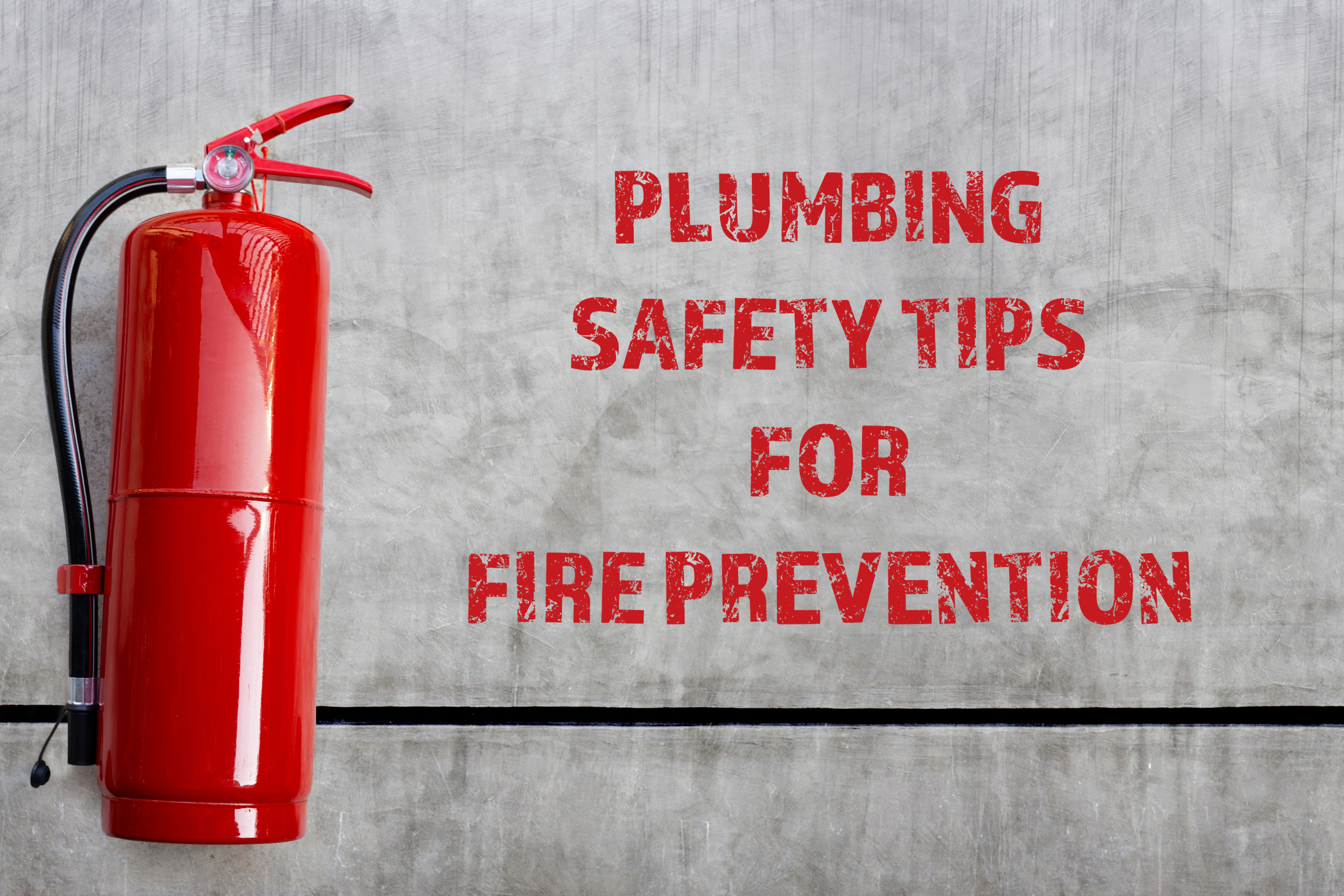October is observed as Fire Prevention Month, a commemoration that is rooted all the way to the historic Great Chicago Fire of 1871. First established as National Fire Prevention Week in 1922, this is now a month-long observance that serves as a reminder of the importance of fire safety. Each year, there are approximately 358,500 house fires in the United States, with roughly 5,400 of them linked to water heaters. Now, it is imperative to clarify that this statistic does not inherently label water heaters as hazardous; rather, it emphasizes the significance of responsible practices and vigilant maintenance to prevent potential fire hazards.
Join us, your dedicated team at Miamisburg Plumbing & Drain, as we provide valuable guidance on essential water heater fire prevention measures.
Exploring the Safety Risks Between Gas and Electric Water Heaters
Before delving into specific safety recommendations, let’s take a closer look at the nuances between gas and electric water heaters. While these two types of water heaters operate on distinct energy sources, their internal mechanisms share considerable similarities. The question of which type holds a safety advantage is a subject of ongoing debate. However, our primary focus is to first facilitate a true understanding of their energy sources and how they function.
Gas Water Heaters: These appliances utilize natural or propane gas for water heating, potentially introducing the risk of gas leaks and the formation of flammable vapor. In the event of a gas leak and subsequent contact between the flammable vapor and an ignition flame, the possibility of a vapor-induced explosion becomes a concern. It is reassuring to note that contemporary water heater models typically incorporate sealed compartments at their base, which safeguard the ignition flame from potential exposure to flammable vapors. However, as an additional safety measure, we highly suggest installing a Carbon Monoxide & Explosive Gas Detector in your home, regardless of your water heater’s age. These hybrid alarms are capable of detecting not only carbon monoxide but also natural gases like methane and propane.
Electric Water Heaters: Electric water heaters rely exclusively on electricity as their energy source, necessitating vigilant monitoring for signs of overheating or electrical fires. Additional information for why they overheat can be accessed here. Various factors can contribute to water heater overheating, and it is advisable to explore potential solutions. Just keep in mind that should the water heater’s temperature exceed 140ºF, an attempt to lower it is recommended. If the issue persists, professional assistance should be sought. (As a general guideline, water heaters are typically set between 120ºF and 140ºF.)
Safety Tips for Water Heater Fire Prevention
- Safe Storage: Ensure that flammable materials are stored a considerable distance away from your water heater and its immediate surroundings. Such items may include paint cans, empty gasoline containers, oily rags, household chemicals, cleaning products, cardboard boxes, stacks of paper, wood furniture, and plastic bottles. Additionally, for those with water heaters situated in garages, exercising caution when storing items like lawnmowers, which require gasoline, is crucial to mitigate the risk of a significant fire hazard.
- Shut-off Procedures: Acquaint yourself with the procedures for shutting off your water heater. While the need for this knowledge may not be a daily consideration, its value becomes apparent in critical situations that demand swift action.
- Clutter-Free Environment: Maintain an uncluttered space surrounding your water heater. Think of it as providing ample “breathing space” for your water heater to facilitate unimpeded airflow. Piling items around or in front of your water heater hinders proper ventilation and poses a genuine fire hazard.
- Annual Plumbing Inspections: Commit to scheduling an annual plumbing inspection administered by a certified plumber. Comprehensive plumbing inspections encompass a wide array of plumbing system components, including pipes, drainage systems, sinks, toilets, showers, water heaters, and other plumbing-related appliances. This proactive approach serves the dual purpose of preserving the optimal performance of your plumbing system and detecting potential issues at an early stage, thereby averting the escalation of more significant and potentially hazardous problems in the future.
In conclusion, prioritizing safety and exercising responsible maintenance of your water heater is paramount. Our foremost commitment is to ensure the safety and well-being of you and your family. Give us a call to learn more about our Whole Home Protection Plan. We’ve got you covered when it comes to keeping your home and HVAC system in tip-top shape!
Stay safe and call Miamisburg Plumbing & Drain for all your plumbing needs today at (937) 705-0297, or schedule an appointment online now by clicking here!

